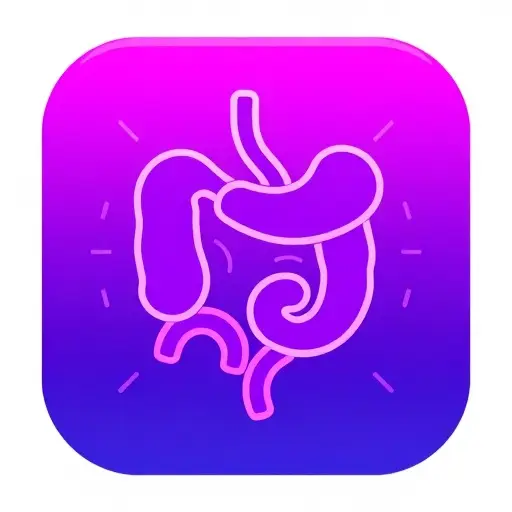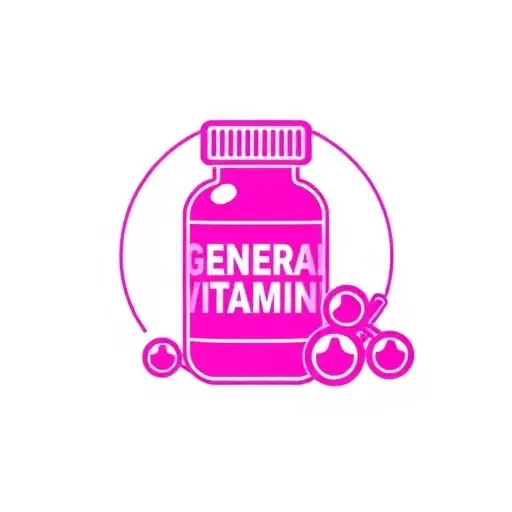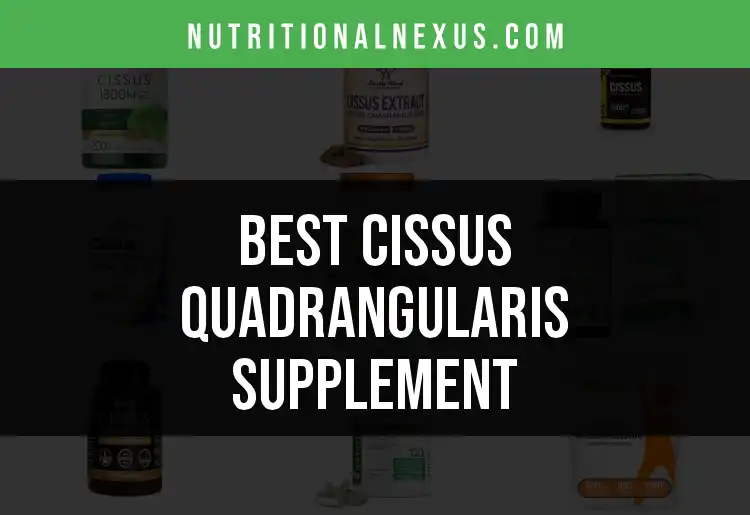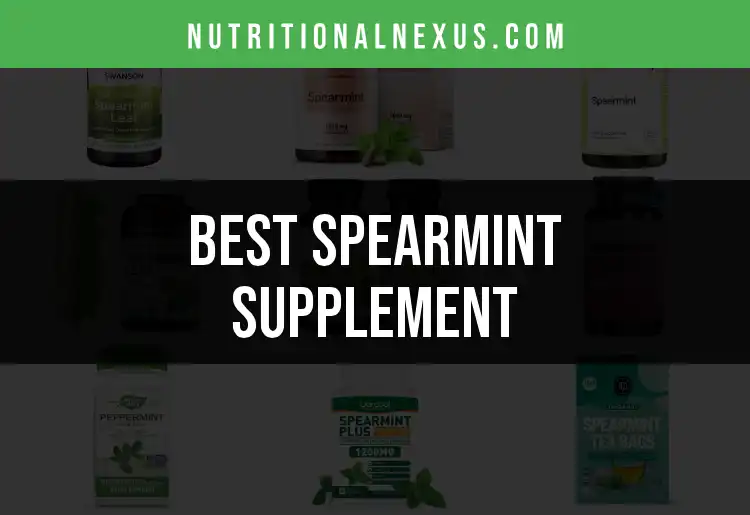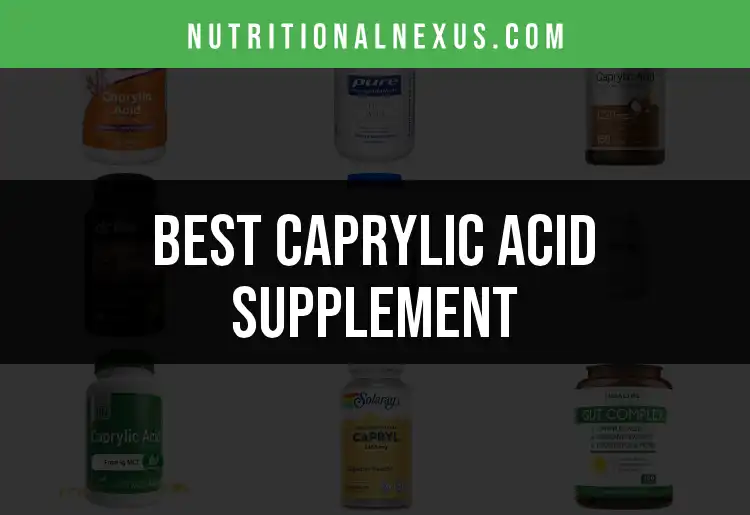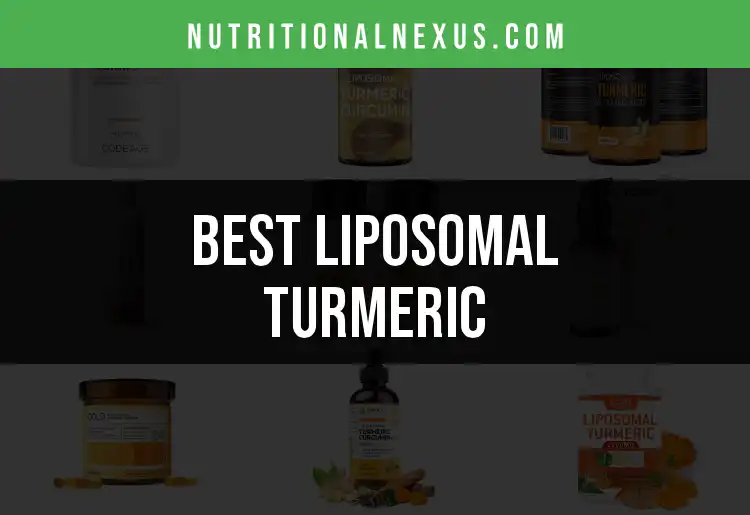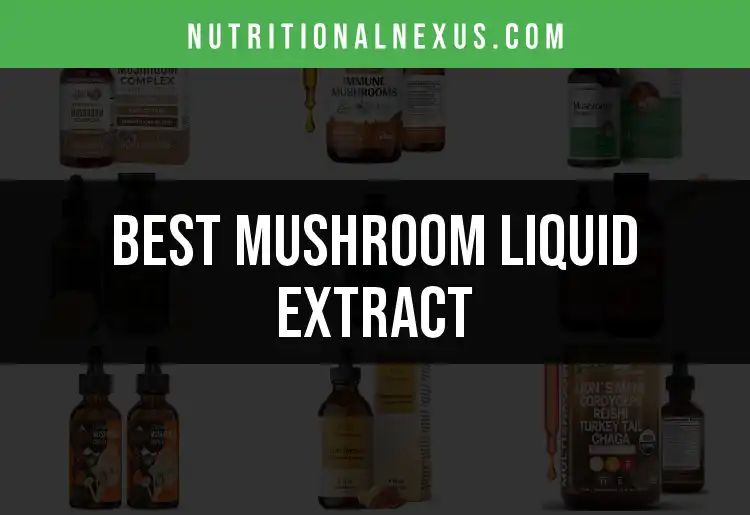Introduction to Gut & Joint Health
The health of your gut and joints has a profound influence on your overall well-being. Gut health does so much more than just digestion: it's intricately linked to immune function, mood, and yes — even joint health. Meanwhile, joint health is not just about staying active; it's about remaining pain-free, agile, and independent at every age. An increasing body of research is unveiling how the gut and joints communicate through immune, metabolic, and inflammatory pathways.
Factors such as diet, lifestyle, genetics, and environmental exposure can all influence this complex relationship. When issues in the gut arise, you may eventually notice symptoms in your joints and vice versa. That's why strategic use of supplements is fast gaining popularity — they offer targeted support in closing nutritional gaps and modulating inflammation, supporting both gut and joint systems.
This comprehensive guide walks you through how and why you should nurture your gut and joints, and how you can use cutting-edge supplements to do so, with practical links to expert resources, such as the leading choices for turmeric gummies and probiotics designed for sensitive populations.
Understanding the Gut and Its Role in Overall Health
Anatomy and Function of the Gastrointestinal Tract
The gut refers to the entire gastrointestinal (GI) tract, stretching from your mouth to your colon. It includes the esophagus, stomach, small intestine, large intestine, and various glands and organs that produce digestive enzymes and acids. These organs break down the food you eat, transform it into nutrients, and absorb those nutrients into your bloodstream.
The Gut Microbiome: Composition and Significance
Your gut is home to trillions of microorganisms — bacteria, fungi, viruses, and more — collectively called the gut microbiome. These microscopic organisms:
- Assist in breaking down complex foods
- Produce short-chain fatty acids critical for gut lining health
- Interact with your immune system to help distinguish friend from foe
- Synthesize certain vitamins
A balanced microbiome is vital for energy levels, mood regulation, and immune resilience. Conversely, disruptions — called dysbiosis — are linked to inflammation, poor digestion, and joint discomfort.
Common Gut Disorders Impacting Health
Some of the most common gut problems include Irritable Bowel Syndrome (IBS), leaky gut, and microbial imbalances. These can lead to symptoms like chronic bloating, constipation, diarrhea, and even systemic inflammation that exacerbates joint pain.
If you’re experiencing digestive issues, you may benefit from digestive enzyme supplements with added HCL for enhanced nutrient breakdown.
Indicators of Poor Gut Health
Some key warning signs that your gut health could use support:
- Bloating, excessive gas, or irregular bowel movements
- Food intolerances
- Frequent illness or lingering fatigue
- Skin rashes and breakouts
- Stiffness or swelling in your joints
Addressing gut health is a crucial starting point for resolving these issues.
Strategies for Supporting Gut Health
- Eating a variety of fiber-rich plants to fuel beneficial gut microbes
- Including anti-inflammatory foods in your diet such as fatty fish and leafy greens
- Managing stress, which can directly impact gut lining and microbiome balance
- Considering lymphatic drainage supplements to assist with toxin removal and inflammation
Digestive Support Supplements
Digestive Enzymes: Key Players in Digestive Wellness
Digestive enzymes are biological catalysts that help break down food into absorbable nutrients. The primary types include:
- Proteases for proteins
- Amylases for carbohydrates
- Lipases for fats
Low enzyme levels can leave you feeling heavy, bloated, and uncomfortable after meals.
The Benefits of Digestive Enzymes with HCL
Hydrochloric acid (HCL) is naturally produced by the stomach and is crucial for protein digestion. As we age, HCL levels often decline, potentially leading to malabsorption. Supplementing with enzymes that contain HCL can:
- Improve protein breakdown
- Support mineral absorption
- Enhance overall digestive comfort
Explore the top-rated digestive enzymes with HCL to address acid-related digestive sluggishness.
Selecting the Right Enzyme Supplement
Choose products with a broad spectrum of enzymes and, where appropriate, supplemental HCL. Always take enzymes at the start of your meal for best results.
HCL Supplements: Supporting Stomach Acid
The Role of HCL in Digestion
HCL is essential for activating pepsin, the main enzyme responsible for protein digestion. It also helps maintain a low pH to deter harmful microbes.
Who Might Need HCL Supplementation?
If you experience:
- Frequent indigestion
- Heaviness after meals
- Acid reflux or bad breath
...low HCL might be a contributor. Those seeking targeted support can check out the best HCL supplements for digestive comfort.
Safe Use of HCL Supplements
Begin with low doses and monitor your body's response. Discontinue if you experience a burning sensation or digestive discomfort.
Probiotics: Replenishing Friendly Flora
Probiotics are live microorganisms that, when administered in adequate amounts, provide health benefits — particularly for gut, immune, and even joint health.
Key Probiotic Strains for Gut Health
- Lactobacillus species: Beneficial for lactose digestion and gut lining strength
- Bifidobacterium species: Support immune balance and reduce inflammation
Probiotics for Specific Wellness Concerns
- To support restorative sleep, consider probiotics formulated to aid sleep quality.
- Those who regularly consume alcohol may find relief from digestive upset by choosing probiotics for alcohol drinkers.
- For hemorrhoid relief, especially if constipation is frequent, probiotic options targeting regularity and gut health are worth exploring.
- For fresh breath and oral health, look for oral probiotics designed for breath support.
- Parents of newborns with colic or digestive distress can consult probiotic drops designed for infants.
Tips for Choosing and Using Probiotics
- Prioritize products with clinically backed strains and adequate CFU (colony-forming unit) counts.
- Storage is vital: Some probiotics require refrigeration, while others are shelf-stable.
Lymphatic Drainage Supplements
The lymphatic system helps clear cellular waste, manage immune response, and reduce systemic inflammation.
- Supplements supporting lymphatic drainage, such as botanicals and adaptogens, can have a profound effect on gut and joint inflammation.
- Discover top lymphatic support supplements designed for gentle detoxification.
- Complement supplements with physical activity and hydration to stimulate optimal lymphatic flow.
Soursop Bitters: Digestion and Inflammation Relief
Soursop, a tropical fruit, offers a unique profile of antioxidants and plant alkaloids. Bitters made from soursop are traditionally used to enhance bile production, improve digestion, and reduce inflammation.
- To learn more, seek out the most recommended soursop bitters for digestive support.
- Adding soursop bitters to your routine is particularly helpful before heavy meals or when looking to reinvigorate sluggish digestion.
Anti-Inflammatory and Pain-Relief Supplements for Gut & Joints
Turmeric Gummies: Harnessing the Power of Curcumin
Turmeric contains curcumin, a well-studied anti-inflammatory compound. It works by blocking inflammatory pathways that contribute to joint pain and gut irritation.
- Turmeric gummies are a convenient way to enjoy these benefits, especially for those who dislike capsules.
- For a curated list, see the best turmeric gummies for inflammation and joint health.
When choosing turmeric supplements, make sure they include black pepper extract (bioperine) — it enhances curcumin absorption, making the product much more effective.
Palmitoylethanolamide (PEA): Natural Relief for Inflammation
PEA is a fatty acid compound naturally produced in the body to control pain and inflammation. Research supports its use for:
- Chronic joint pain
- Nerve-related discomfort
- Inflammatory conditions affecting the gut
Those struggling with persistent pain can explore top palmitoylethanolamide supplements formulated for relief.
Fucoidan Supplements: Seaweed-Powered Healing
Fucoidan is a sulfated polysaccharide found in brown seaweeds, shown to reduce inflammation and boost immune function.
- For those interested in marine-origin supplements, find reliable sources among effective fucoidan options for gut and joint support.
- Fucoidan may also support cell regeneration and healthy gut flora balance.
Tributyrin Supplementation: Butyrate for the Gut
Butyrate, a short-chain fatty acid, is vital for gut lining integrity and anti-inflammatory response. Tributyrin is its most bioavailable supplement form.
- If you’re looking to safeguard the gut barrier and suppress inflammation, consider leading tributyrin supplements tailored for gut health.
- Tributyrin is especially helpful for those with leaky gut or chronic digestive irritation.
Collagen and Skin-Related Supplements for Gut & Joint Support
Collagen: Structure, Types, and Benefits
Collagen is the most abundant protein in the body, giving structure to skin, cartilage, and connective tissue. It's essential for:
- Maintaining strong, flexible joints
- Supporting skin elasticity and gut lining health
You’ll find expert-reviewed Korean collagen supplements for skin and joints, many of which are hydrolyzed for optimal absorption and effectiveness.
For those who want a treat that doubles as a supplement, look into top chocolate collagen powders for joint and skin benefits.
Unique Benefits of Korean Collagen
Korean collagen products often blend collagen with co-factors like hyaluronic acid and vitamin C for enhanced effectiveness. Explore the best-rated Korean collagen supplements for comprehensive support.
Combining Collagen with Other Supplements
Collagen works synergistically with antioxidants, vitamin C, and silica. These combinations:
- Support internal tissue repair
- Enhance both gut lining integrity and joint cartilage resilience
For optimal benefit, pair collagen with anti-inflammatory agents such as those found in turmeric gummies.
Specialized Supplements for Specific Conditions and Support
Ligament and Tendon Support
Ligament and tendon health hinges on the availability of specific nutrients: collagen (especially type I and III), vitamin C, and minerals like copper and manganese.
- For active individuals or those recovering from injury, consider the strongest ligament and tendon supplements for repair and resilience.
Tiger Milk Mushroom and Chaga
Tiger Milk Mushroom
This traditional medicinal fungus is prized for immune, respiratory, and even gut support properties. Read about the top tiger milk mushroom supplements available for immune and gut wellness.
Chaga Mushroom
Chaga is an adaptogenic mushroom loaded with antioxidants, known for its ability to modulate immune activity and reduce inflammation. Research-backed chaga supplements can help fortify your health.
Digestive and Joint Support for Specific Populations
For Newborns and Infants
Babies are often born with immature gut flora, which can cause digestive discomfort. Ensure you're using trusted probiotic drops for newborns with gentle strains designed for infants.
For Chronic Inflammation and Pain
Adults with ongoing inflammation may benefit from a tailored protocol including [palmitoylethanolamide], [fucoidan], and tributyrin supplements (/best-fucoidan-supplements) (/best-tributyrin-supplement).
Supporting Products for Specific Joint & Gut Health Needs
Oral and Topical Formulations
Innovative supplement delivery is expanding beyond capsules. Oral probiotics for breath contain beneficial strains that colonize the mouth and reduce odor-causing bacteria.
- Interested? Explore effective oral probiotic options to maintain fresh breath and oral health.
Topical balms and creams, particularly those with MSM or menthol, can also bring targeted relief to sore joints.
Lifestyle and Dietary Strategies
Certain dietary changes boost the benefits of supplements:
- Anti-inflammatory diets: Emphasize omega-3s, colorful vegetables, and polyphenol-rich spices (like ginger and turmeric).
- Consistent hydration: Ensures tissues are well-nourished, and the lymphatic system functions efficiently.
- Regular exercise: Supports joint mobility and lymphatic flow.
If alcohol is part of your lifestyle, protecting your gut with probiotics tailored for people who drink alcohol is a smart way to offset negative digestive effects.
Emerging and Advanced Supplements
Soursop Bitters: Beyond Basic Digestion
If you're ready to try something unique, emerging soursop bitters for cutting-edge gut support combine traditional wisdom with modern research for anti-inflammatory and digestive benefits.
Next-Generation Options
Beyond traditional supplements, watch for new products targeting cellular inflammation, specialized probiotics, and rare adaptogenic mushrooms to continue moving gut and joint health forward.
How to Combine Supplements for Optimal Results
Crafting a personalized supplement protocol is both art and science. Consider:
- Stacking: For example, a daily regimen might include morning collagen powder, a mid-day probiotic for gut balance, and evening turmeric gummies for inflammation.
- Cycling: Periodically rotating supplements or allowing short breaks to maximize effectiveness and minimize adaptation.
- Monitoring: Track your body’s responses: increased energy, regular digestion, or reduced joint pain indicate your regimen is working.
Frequently Asked Questions
Which supplements are most effective for joint pain?
Some of the most promising options include joint-focused collagen formulas, anti-inflammatory turmeric gummies, and specialized botanicals like fucoidan.
How long should I take gut health supplements?
Duration varies, but many users find benefits after three to six months of consistent use, especially with high-quality probiotics and collagen peptides.
Are there any risks or side effects?
Most supplements are well-tolerated, but sensitivities or interactions are possible. Always start slow and consult your healthcare provider, especially when stacking options like HCL and enzyme blends.
Can I combine multiple supplements safely?
Yes — but tailor combinations based on need, and avoid products with overlapping ingredients. For instance, pairing collagen for joint support with digestive enzymes for absorption and probiotics for gut flora balance can be highly synergistic.

